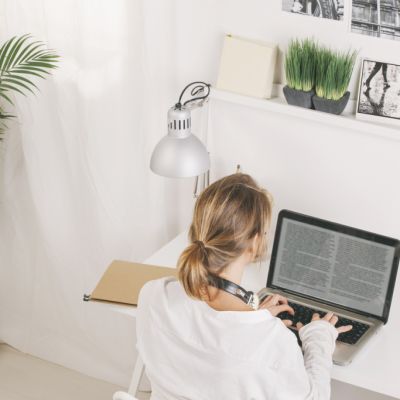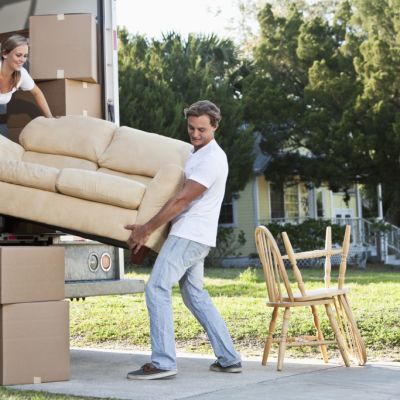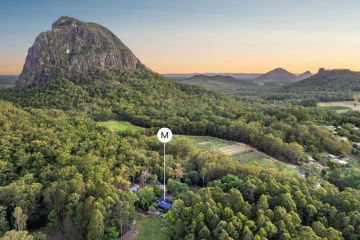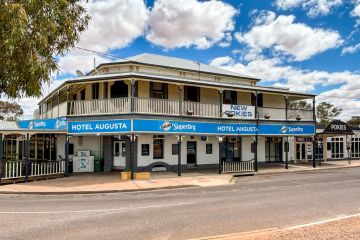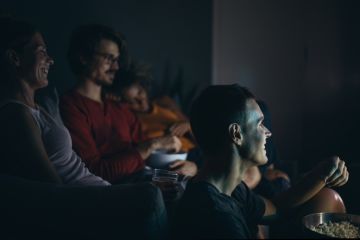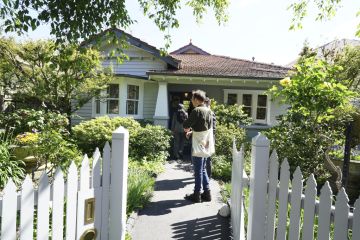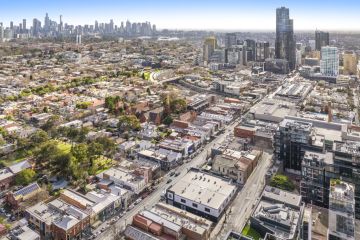Why digital friendships will never replace real-life communities
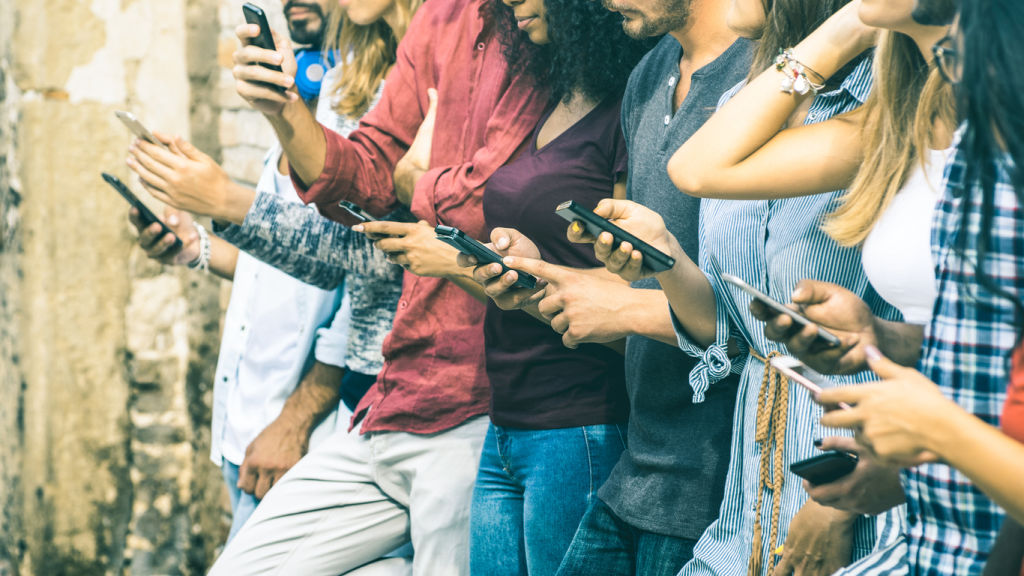
A leading social historian from the UK says modern digital friendships are better than old-fashioned neighbourly ones.
Behind this is the idea that being able to pick and chose who we are friends with (a la Facebook) is better than forging a friendship with whoever we happen to share a fence or wall with.
Jon Lawrence, associate history professor at the University of Exeter, explores this theory in his new book, Me, Me, Me? The Search for Community in Post-War England.
In an interview with The Times, he said people overemphasise the importance of physical proximity in a relationship. Social media means that people can feel connected even when they are far away.
“The urge to connect is as strong in our culture as the urge for autonomy. We need to think in a joined-up way about how [social media] can allow people to connect in the way that they wish,” he said.
Listen to Dolly’s story of tiny house living on Somewhere Else :
There is no doubt that Facebook communities can play a significant role in our lives.
There have been times where the friends I made via blogging and social media were really important to me. In fact, when I think about early motherhood, I’d say that social media was a lifeline.
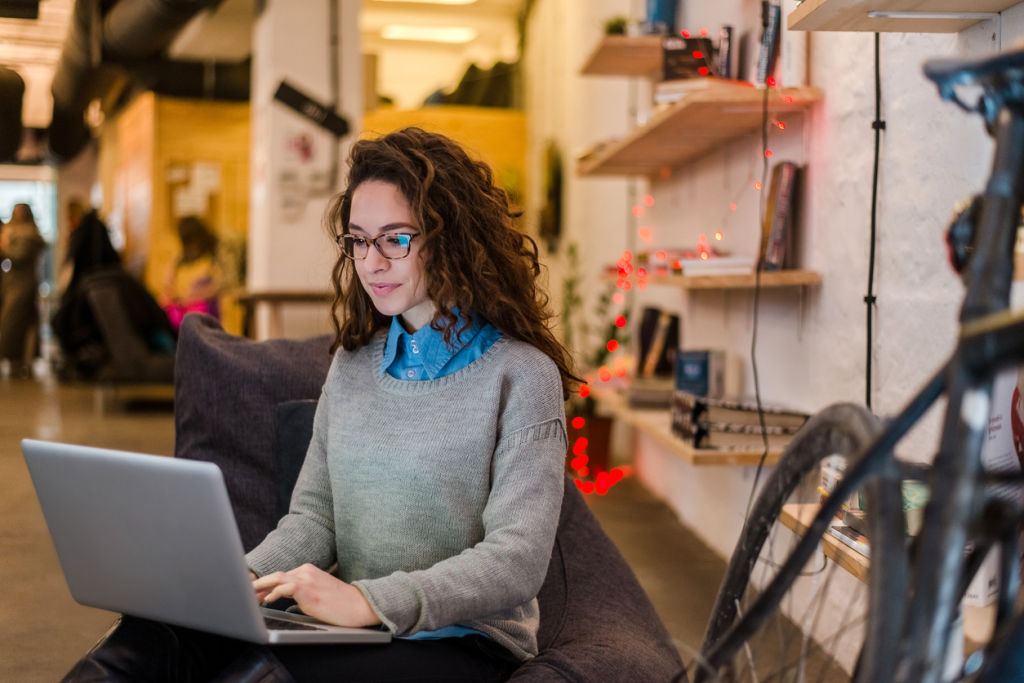
But as much as I see the value in social media communities, I don’t think they can ever be as good as the real thing.
There are the practical things, for a start. For example, it’s great to be part of a Facebook community of keen gardeners, but not much use when you are going on holiday and need someone to water your plants. Likewise, feeding the cat, collecting the mail or simply keeping an eye on your home.
But being part of a community is more than practicalities. For me, feeling like I am part of my local community makes me feel grounded and at home.

Being part of the community doesn’t mean that I know the names of all the people that live on my street (I do know the names of all the dogs, though) and it doesn’t mean that I get on with everyone I interact with. It’s not Sesame Street.
It does mean that when I leave my house I am guaranteed to have at least one friendly interaction as I go about my day.
And while Facebook brings us closer to people that don’t live nearby, walking around with a smile for your neighbours can make us closer to the people that do. It’s nice to know that there are people around who care, regardless of the quality of internet connection.
Making friends with your neighbours doesn’t mean that you have to be BFFs. But being on good terms with the people who you share space with makes good sense. Especially when you consider that we are living in the middle of a loneliness epidemic.
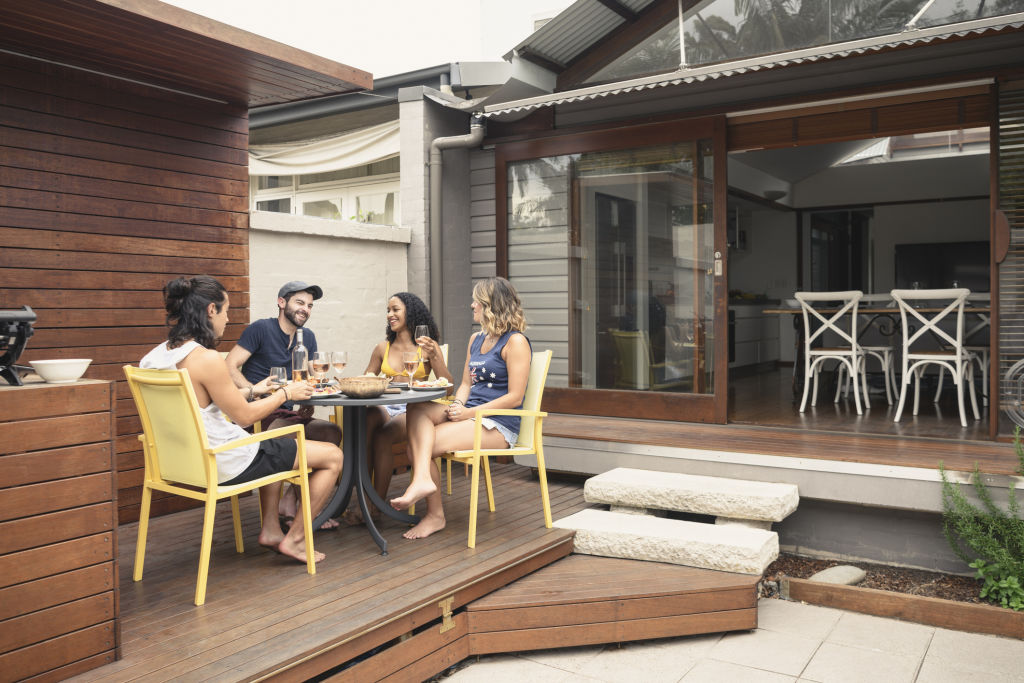
A number of recent studies have highlighted just how many people are struggling with loneliness. Lifeline Australia estimates that as many as 60 per cent of Australians often feel lonely. Experts say that loneliness can be as bad for a person’s health as a chronic illness.
There isn’t a quick fix to this problem, but interaction with neighbours and the wider community is a pretty good start.
Last year, Professor Helen Stokes-Lampard, the chair of the Royal College of GPs, told the Guardian that meaningful connections could make a big difference. “In a world where we’ve got more connection by social media than ever before, we also hear and see other people are less connected with somebody that can hold your hand in a time of trouble,” she said.
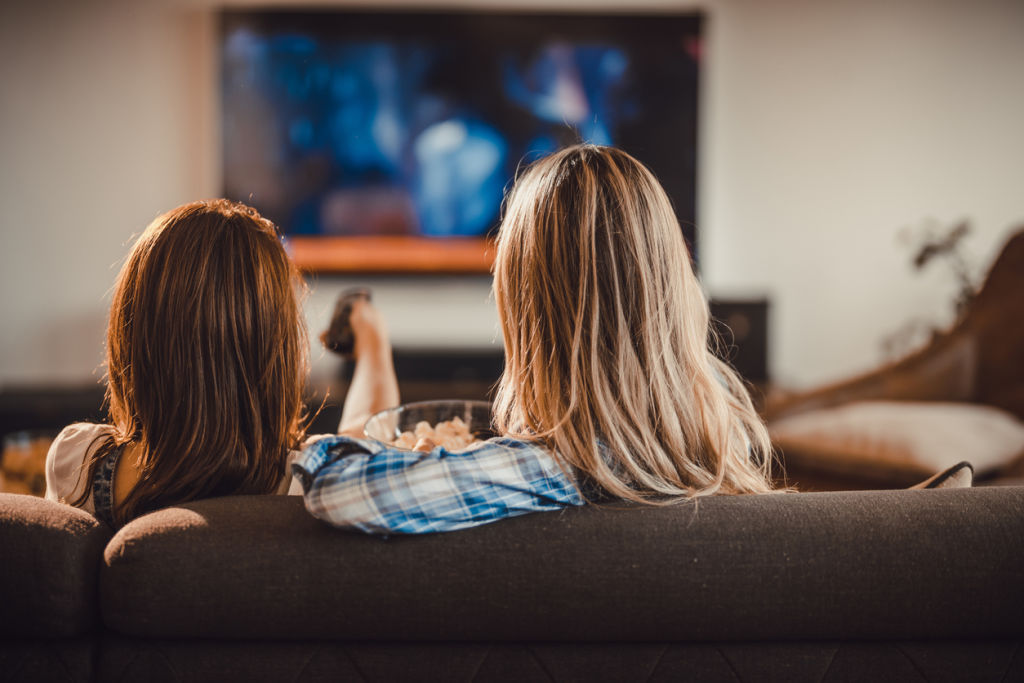
Of course there are times when social media helps us connect to our community. Local pay-it-forward groups, parent groups and local community pages that allow us to inquire about lost keys or ask for recommendations.
Despite this, social media will never replace our actual communities. Facebook can do a lot of things, but we all have to venture outside at some point – and when we do, it’s our neighbours and community that bring us the most (real-life) likes.
We recommend
We thought you might like
States
Capital Cities
Capital Cities - Rentals
Popular Areas
Allhomes
More
